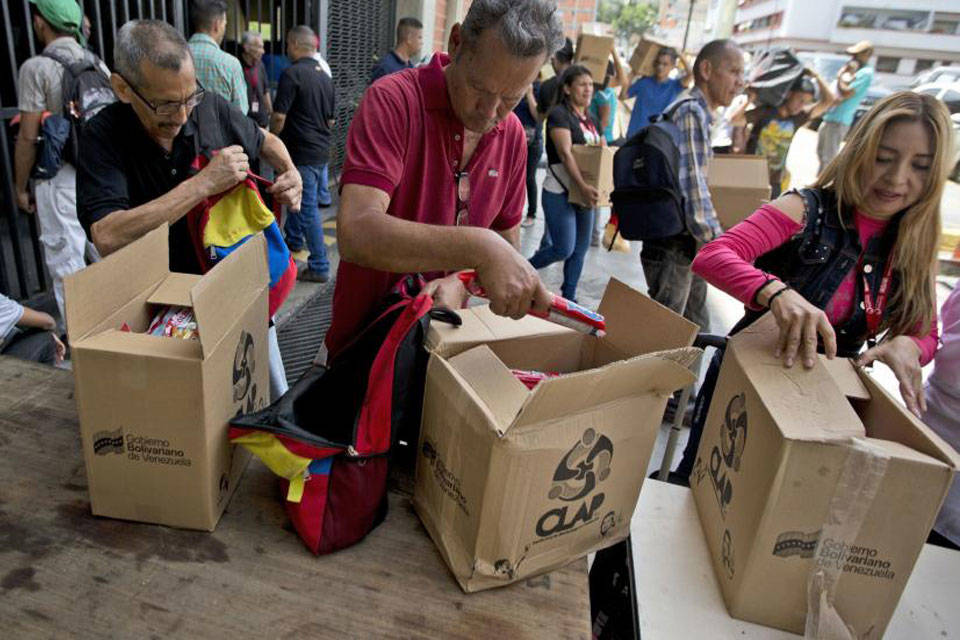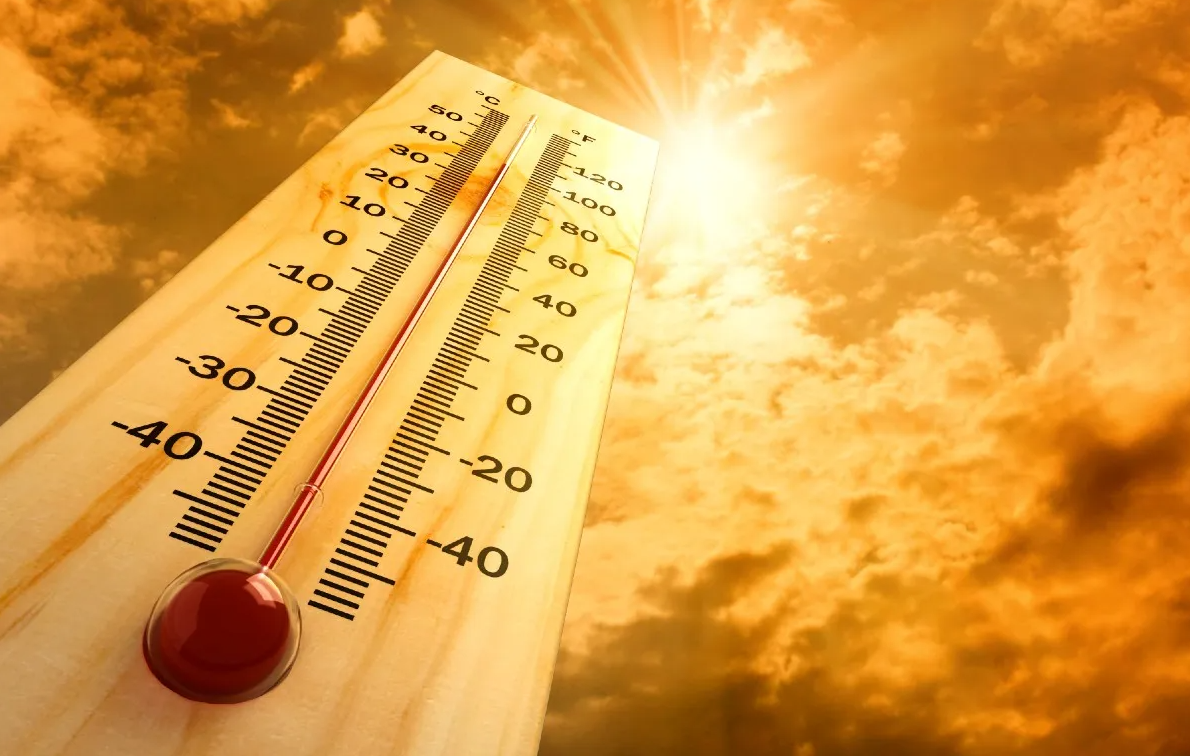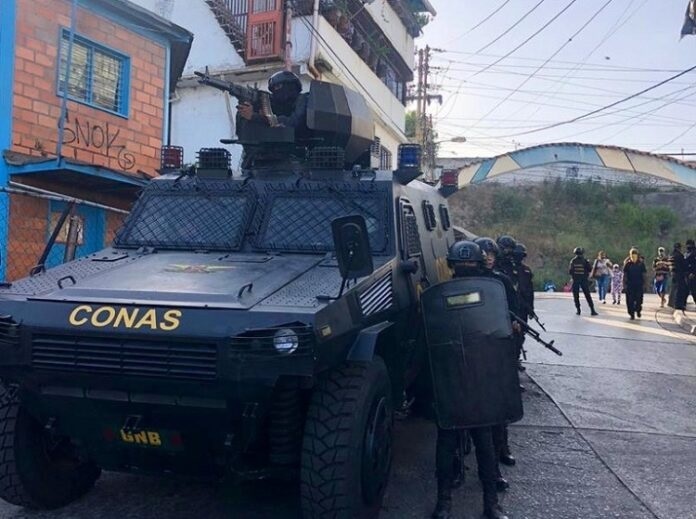A recent meeting with colleagues from Cuba reaffirmed the importance of weaving alliances with activists from other countries to achieve things that seemed impossible, and even to rethink our ways of communicating with each other and taking care of ourselves
In recent days, I shared a magnificent space for conversation with colleagues from Cuba facilitated by CADAL. It is worth mentioning that I am outside of Venezuela for security reasons, but just a few minutes into the meeting I felt I was in my country, knowing that some of my colleagues in Cuba had lost their connection due to internet or electricity issues, just like I experienced at home.
During the last decade, the patterns of restriction to the free and legitimate work of civil society have persisted in Venezuela, worsening by 2016 with the collapse of the constitutional functions of the State that brought about a complex context of multiple risks and extreme adversities, which translate into a broad and serious impact on the rights of people in different areas of life.
Just like our colleagues from Cuba, we need to raise awareness about the issues that require attention and emphasize the importance of keeping an eye on the violations of human rights that occur in our countries, we cannot be a “lost cause”.
During the conversation, we got to share experiences on the importance of looking at everything that surrounds us; our contexts, that at first glance seem not to move, although they are quite dynamic to the detriment of our work, forcing us to take measures that in some way give us the possibility of doing a better job for as long as possible. As a Cuban colleague mentioned, “we must take elephant steps, slowly but crushingly!”
There is no doubt that human rights defenders know no borders when it comes to helping others. Empathy and solidarity unite us in a way that governments have not been able to do, to the point that some of them have sought to divide us and blur us.
This meeting with colleagues from Cuba reaffirms the importance of weaving alliances with activists from other countries to achieve things that seemed impossible, and even to rethink our ways of communicating with each other and taking care of ourselves.
The meeting was an ideal setting to discuss how our work as defenders affects ourselves, our families and our safe limits, and the importance of well-being as a form of resistance and as a political statement, the policy of well-being.
The persistence of my Cuban colleagues is inexhaustible. Eager to learn more, willing to overcome such an adverse everyday life while demanding freedom and all the basic things that people have for granted in our countries and in much of the world, to overcome that difficult day-to-day that consumes them. Many people find it hard to believe my Cuban colleagues’ fear of turning on their cameras in a video conference because of the consequences of the government finding out about their participation in a conversation about human rights.
I learned many lessons from the meeting with my colleagues from Cuba, but above all the pressing need to continue connecting with more colleagues on the island. The experiences of other people can certainly shorten our path.
Translated by José Rafael Medina




